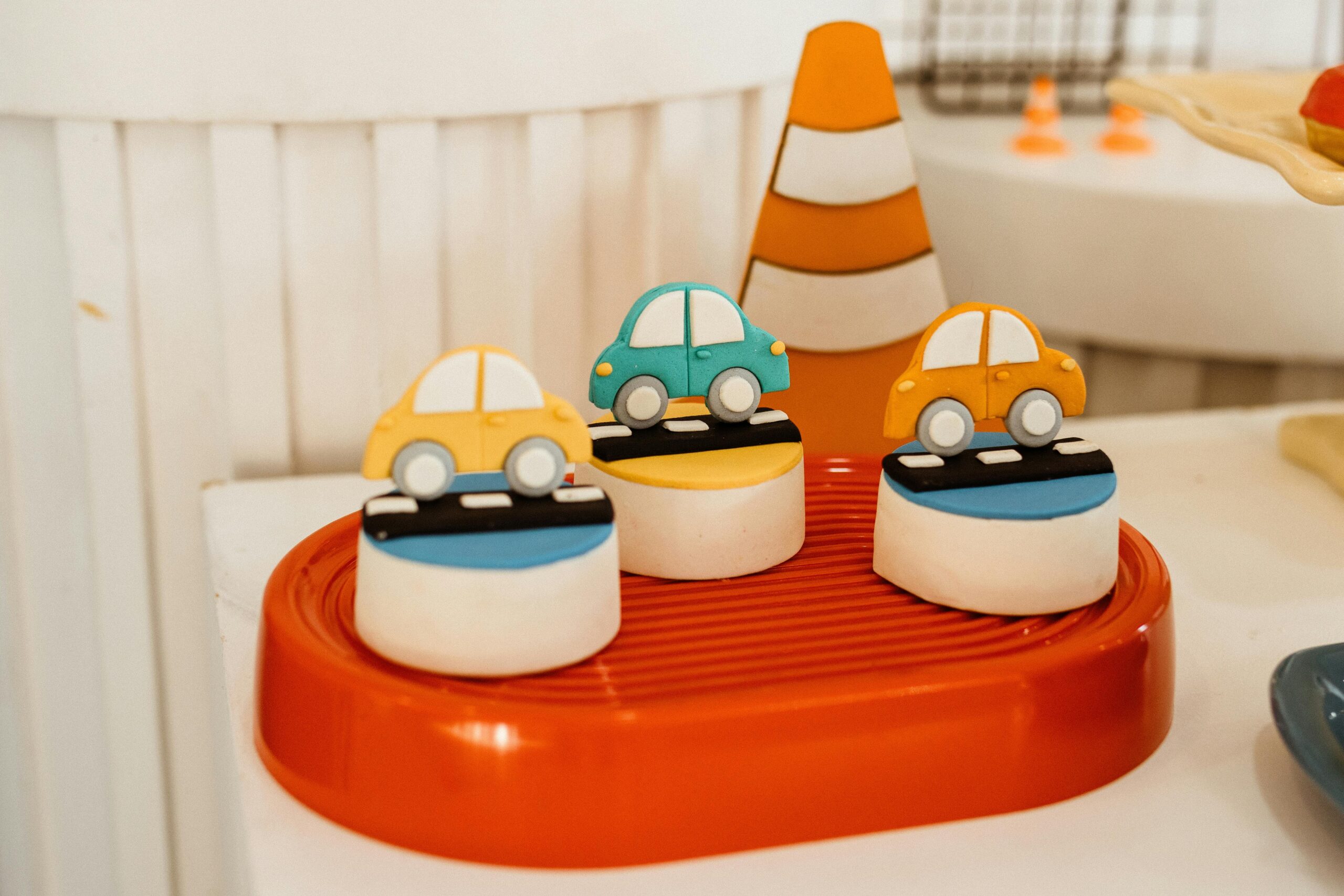Physical Address
304 North Cardinal St.
Dorchester Center, MA 02124
Physical Address
304 North Cardinal St.
Dorchester Center, MA 02124

Ever wondered what kind of learning environment helps children truly thrive not just academically, but emotionally and socially too? There’s a growing approach that puts kids at the center of their education, letting them explore, make choices, and develop real independence from a young age. In this blog, we break down what child-led, hands-on learning really looks like, how it shapes confident and curious learners, and why more parents around the world are turning to this method for their child’s development.
When parents start exploring early childhood education options, one term often pops up: Montessori. But what does Montessori education really mean—and why has it become so popular around the world?
More than just a teaching method, Montessori is a whole philosophy of learning, designed to foster independence, creativity, and confidence in children from a very young age.
In this blog, we’ll break down what Montessori education is, where it came from, how it works in real classrooms, and what it could mean for your child’s future.
Montessori education was developed over a century ago by Dr. Maria Montessori, an Italian physician and educator. Through years of observation and research, she noticed that children learn best when they are free to explore in a structured, supportive environment.
Her approach challenged the traditional school system, replacing rigid lessons and passive learning with child-led exploration, hands-on materials, and respect for each child’s natural development.
Let’s go beyond the surface and look at what Montessori education actually means in practice:
Children are seen as naturally curious and capable. In a Montessori classroom, they choose their own activities from a prepared environment, allowing them to follow their interests and learn at their own pace.
The classroom is carefully designed to support independent learning. Everything from furniture to materials is placed at child height and arranged to promote focus and autonomy.
Montessori schools use unique learning tools, such as sandpaper letters and math beads, to make abstract concepts concrete. These materials are self-correcting, meaning children can discover and fix their mistakes on their own.
Children of different ages learn together (typically in 3-year age spans), which encourages collaboration, mentorship, and social development. Younger children learn by watching older ones; older children reinforce their knowledge by teaching.
In Montessori education, the teacher is a guide rather than a lecturer. Their role is to observe, support, and gently direct the child’s learning journey, rather than control it.
Montessori isn’t just about academics it’s about the whole child. Here’s how it supports growth in multiple areas:
Emotional development: Children learn to make choices, handle frustration, and develop self-discipline.
Cognitive growth: The focus on hands-on exploration builds deep understanding, especially in math, language, and science.
Social skills: Multi-age groups help children naturally develop empathy, patience, and leadership.
Independence: Even young children in Montessori classrooms learn to care for themselves and their environment, building confidence early on.
Montessori works well for many children, especially those who are curious, self-motivated, and thrive with structure and freedom combined. However, every child is different and so is every Montessori school.
If you’re considering this path, visit a school, observe a class, and talk to teachers. Not all schools that use the Montessori name strictly follow its principles, so it’s important to find one with trained staff and an authentic program.
Montessori education isn’t just about how children learn it’s about who they become.
By encouraging independence, focus, and a love for learning, Montessori helps shape confident individuals who know how to think critically, solve problems, and engage with the world around them.
Whether you’re a parent, educator, or simply curious, understanding Montessori is about recognizing the value of nurturing children’s potential in a thoughtful, respectful, and meaningful way.